WHEN YOU PERIOD BECOMES IRREGULAR BECAUSE OF FERTILITY TREATMENT

Some women do complain that their period become irregular as soon as they place them on fertility treatment. It is possible that you may be menstruating regularly and your body may be good yet not get pregnant. two things are likely to be the problem that makes your period to stop or scanty, it may be due to low quality of egg which means you have PCOS. It is because your body sensed the change in your body due to the treatment and was fighting it due to your age. The Second, is that if you have PCOS and you take any treatment that will make you to ovulate, the egg might be seen at the mid-cycle but stopped your period at the end of the cycle because your body failed to respond positively to the treatment being given to you. My advice is to visit a fertility clinic for evaluation an to know what to do.
WHEN YOU SPOT OR BLEED WHEN YOU HAVE INTERCOURSE WITH YOUR HUSBAND.
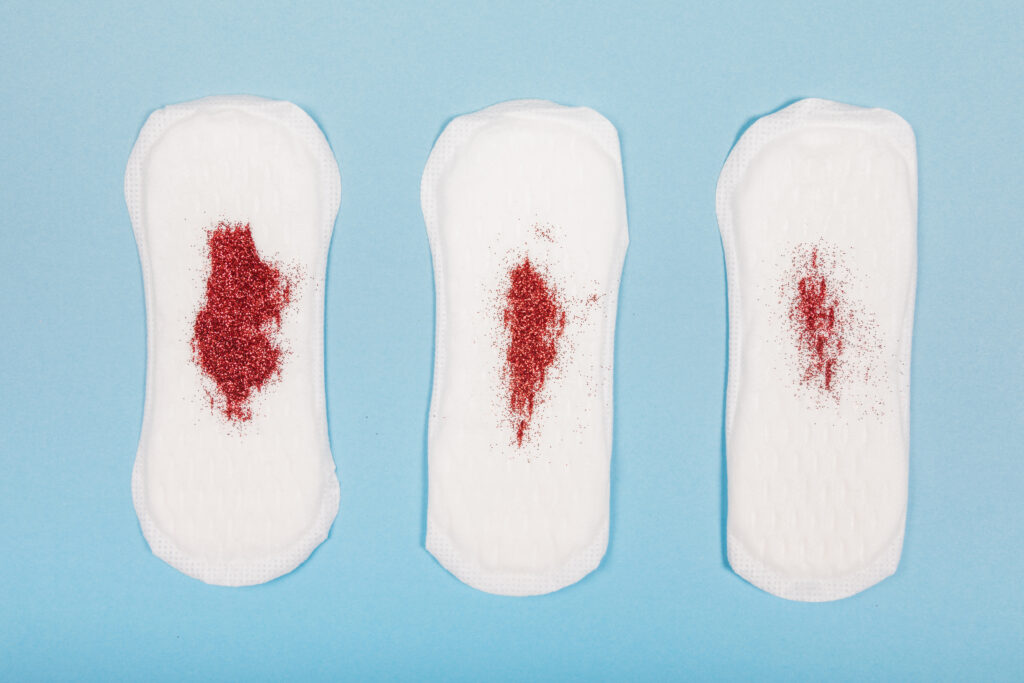
If you notice spotting or bleeding after sexual intercourse, especially a few days after your menstrual period, it may be due to several possible causes. These include hormonal imbalances, cervical or uterine abnormalities, infections, or conditions such as polycystic ovary syndrome (PCOS). It is advisable to undergo a thorough evaluation, which may include the following hormonal tests: • Luteinizing Hormone (LH) • Follicle-Stimulating Hormone (FSH) • Anti-Müllerian Hormone (AMH) • Progesterone • Prolactin • Testosterone If you also experience spotting before, during, or after your period, these investigations can help identify the underlying cause. The results should be reviewed and interpreted by a qualified healthcare professional, who will recommend the appropriate management or treatment plan.
WHY YOU ARE STILL TRYING TO CONCIEVE DESPITE ALL GOOD RESULTS

Why some women find it difficult to get pregnant even when they have good results. The result shows that your hormones are balance, your tubes are opened, and your husband semen is very good, yet you are not pregnant. some always think of it as spiritual effect because the professionals failed to explain well to them. It is because majority of the sperm cells during your mid cycle are not getting to your fallopian tubes. Pregnancy occur when the sperm cells meet the fallopian tube and fertilization takes place. Though there is no test to detects if the sperm cells get to the fallopian tubes in your body but there is test to check the cervix level, which is also known as post coital test to confirm if the sperm cells are still active after 24 hours it was released to your body. There are many reasons why sperm may not get to where it will initiate pregnancy: these reasons are cervical hostility, which means the fluid in your cervix is very acidic and it can kill sperm cells when it gets to where it is to fertilize. That is why it is required/important for women to be well romance ad get wet before penetration and release occurred. The wetness is to reduce the acidity in the cervix area. Another reason is when the penis is not long enough to release sperm into the vaginal for it to find its way to the cervix, to the womb and the fallopian tubes. Also, if you have sex using missionary position and you did not feel pain at the mouth of your womb, it means your husband’s penis is not getting to the mouth of the cervix because the sperm may not swim to the fallopian tube. If you are experiencing this, you can change to doggy position for more effectiveness.
YOU CAN HAVE REGUALR MENSTRUAL PERIODS AND NOT OVULATING
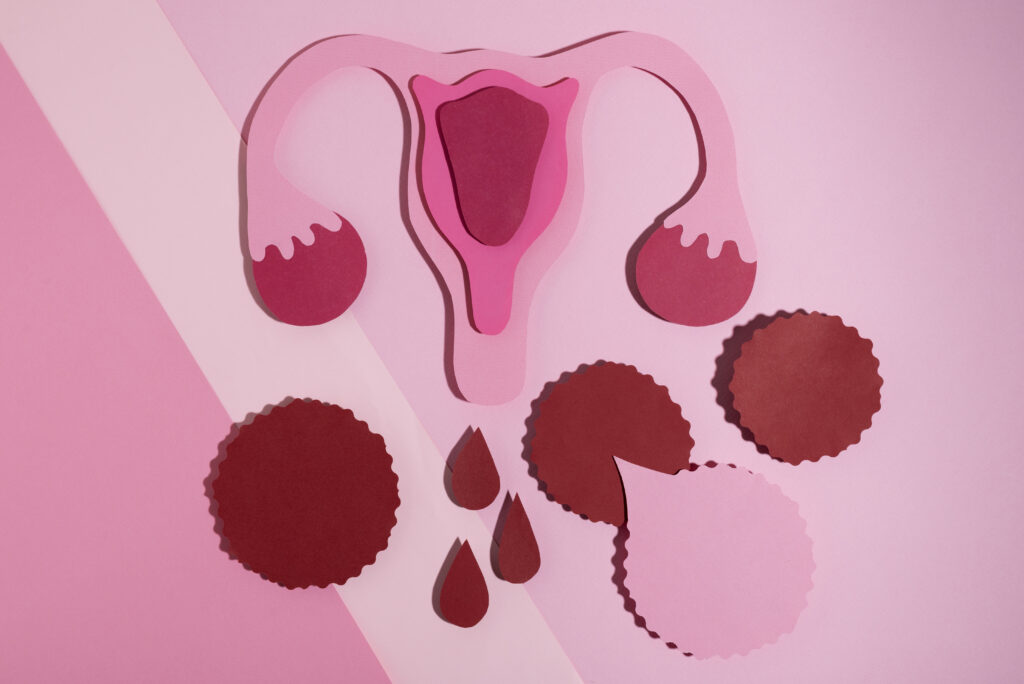
Do you know it is possible not to have egg and still be menstruating regularly. Majority believed that it is the unfertilized egg that result to menstruation. But as long as your womb is physically okay, you will always menstruate. When you have hormone that controls menstrual cycle in the body. Is the same with those who have PCOS, and still menstruate. What happen is that when the egg is released from your ovary and after getting to the fallopian tubes and did not see the sperm to fertilized it, will dissolves and be absorbed back to your system. whether you menstruate or not does not concern the egg. It is until you do test and confirm it.
EMOTIONAL STRESS CAN AFFECT GETTING PREGNANT

I want to talk about emotional stress especially in relationships. Emotional stress can affect your hormones, and if your hormones are not well balanced, getting pregnant will be difficult. If your husband is giving you emotional stress. My advice is to ignored whatever is making you down emotionally. Because it may hinder baby from coming. Just overlook and keep calm in expectation of your miracle
EGG QUALITY IS IMPORTANT IF YOU WANT TO GET PREGNANT
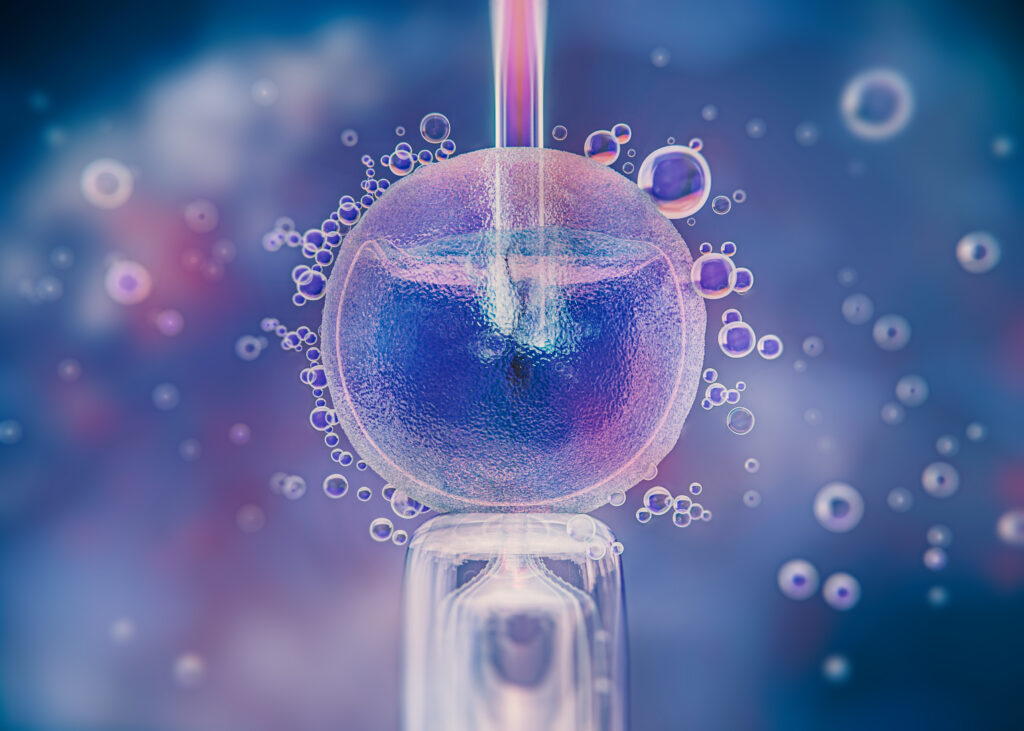
For any woman to get pregnant, there are three things that must happen in her body; Aside from having the uterus, the womb that will carry the pregnancy, which is normal for all women; 1. She must have open fallopian tubes 2. She must have quality eggs and 3. The sperm must be good and must be able to pass through the mouth of the womb. Among these three processes, one needs to be adjusted and that is the quality of your eggs. If you go for a scan and it shows that you have eggs on both side of your fallopian tubes and you were told to have sex with your husband, doesn’t mean the sperm will fertilize the egg. The sperm will only fertilize the egg that is of good quality. To build the quality of your egg, you can take Fertilgain to boost the quality of your eggs and regulates your hormones.
WHEN YOUR AMH VALUE IS ABOVE 3.5NG/ML AND YOU DON’T HAVE SIGNS AND SYMPTOM OF PCOS.
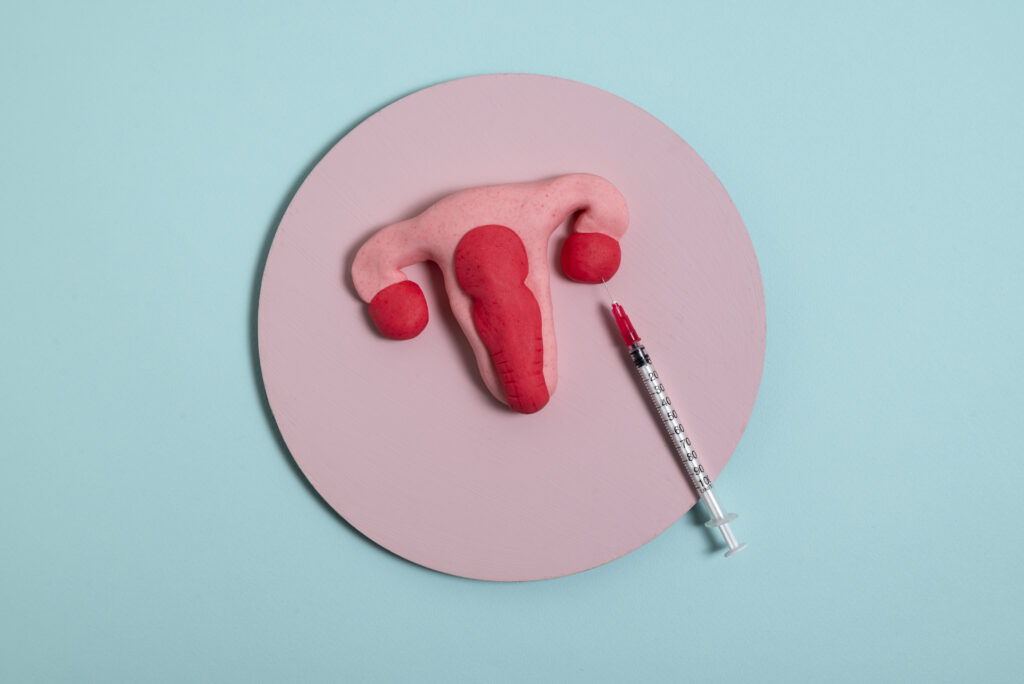
WHEN YOUR AMH VALUE IS ABOVE 3.5NG/ML AND YOU DON’T HAVE SIGNS AND SYMPTOM OF PCOS. Anti-Müllerian Hormone (AMH) is a crucial marker used to assess a woman’s ovarian reserve in fertility evaluations. The typical reference range for AMH is approximately 1.0 to 3.5 ng/mL. Values below 1.0 ng/mL may indicate diminished ovarian reserve, while levels above 3.5 ng/mL can be suggestive of Polycystic Ovary Syndrome (PCOS). However, it’s important to note that not all women with elevated AMH levels present with the classical symptoms of PCOS, such as irregular menstrual cycles, acne, or anovulation. This condition is often referred to as “subclinical” or “silent PCOS”, where hormonal imbalance exists without obvious external signs. A high AMH level without symptoms may still affect egg quality and fertilization potential, potentially impacting conception outcomes. It is essential not to rely solely on regular menstruation or ovulation as indicators of reproductive health. If your AMH is above 3.5 ng/mL, or falls below 1.0 ng/mL, it is advisable to consult a fertility specialist for comprehensive evaluation and guidance on appropriate treatment or management strategies.
DIFFERENT TYPES OF FALLOPIAN TUBES DAMAGE.

DIFFERENT TYPES OF FALLOPIAN TUBES DAMAGE. Fallopian tube damage is a significant factor in female infertility. Common types of tubal pathology include: 1. Tubal Blockage: Where the fallopian tube is not patent (i.e., not open), preventing the passage of sperm or egg. 2. Hydrosalpinx: A condition where the tube becomes swollen and fluid-filled due to chronic inflammation, often impairing fertility. 3. Fimbrial Adhesions: Adhesions or scarring at the fimbrial end of the tube (the finger-like projections that help capture the egg from the ovary), which can block egg pick-up and transport. If one fallopian tube is damaged or surgically removed commonly after an ectopic pregnancy the other may still function and allow for natural conception. However, if one tube has hydrosalpinx, the toxic fluid it contains may backflow into the uterus and impair implantation, thereby affecting both natural and assisted conception (including IVF). A potential intervention is hydrotubation or tubal flushing, which aims to restore tubal patency. However, this procedure carries no guarantee of success and outcomes remain uncertain. After three months of any tubal treatment, a follow-up Hysterosalpingography (HSG) is recommended to reassess tubal status. If the tubes remain blocked or hydrosalpinx persists, in vitro fertilization (IVF) may be the most appropriate option for achieving pregnancy.
WHEN THERE IS NO GOOD RESULT FROM THE TREATMENT OF SEMEN PROBLEM.

WHEN THERE IS NO GOOD RESULT FROM THE TREATMENT OF SEMEN PROBLEM. There are instances where men undergo treatment for abnormal semen parameters, yet see little or no improvement in their semen analysis. For example, the sperm count may remain persistently low between 2 million and 10 million per milliliter or may even decline further, despite ongoing medication or therapy. In some cases, hormonal profiles and scrotal ultrasound results appear normal, yet sperm count, motility, and morphology fail to improve. One often overlooked cause is a blockage or dysfunction in the epididymis, the coiled tube located at the back of the testicle where sperm is stored and matures. If this duct is obstructed or not functioning properly, sperm cannot pass through effectively, and medical treatments aimed at boosting sperm production may not yield results. In such cases, it is essential to consult a qualified fertility specialist or andrologist who can identify the underlying issue and recommend appropriate management options, which may include further diagnostic evaluation, surgical intervention, or assisted reproductive techniques such as IVF with ICSI.
SEVERE LOW SPERM COUNT AND AZOOSPERMIA
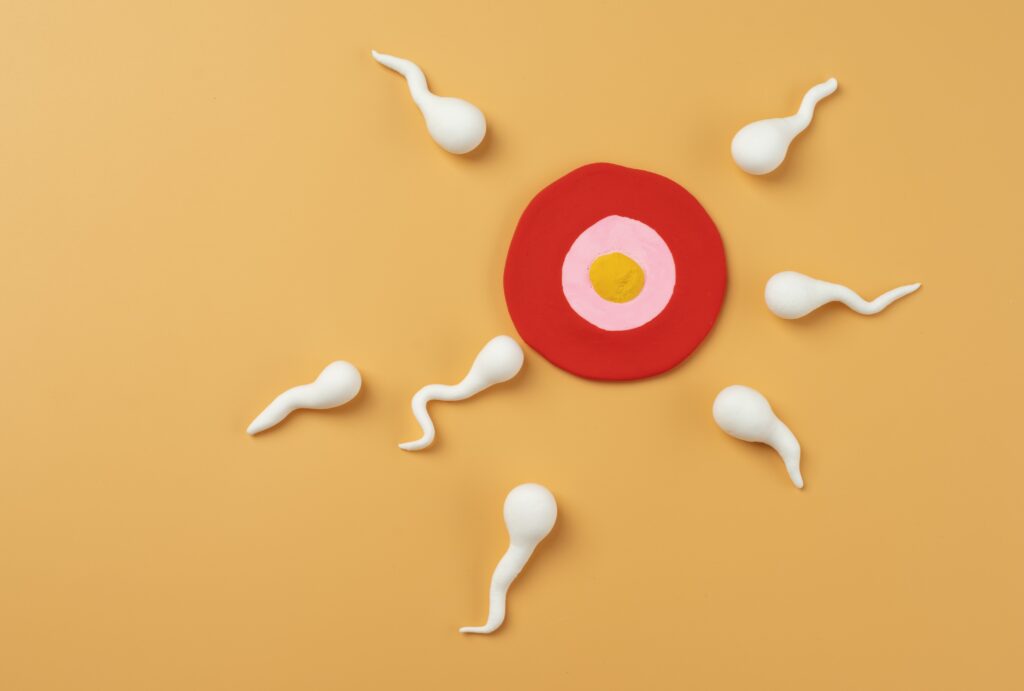
SEVERE LOW SPERM COUNT AND AZOOSPERMIA If you have been diagnosed with azoospermia (complete absence of sperm in the ejaculate) or severe oligospermia (sperm count less than 5 million/ml), it’s important to understand that the chances of spontaneous recovery with medication alone are often limited. Be cautious of anyone claiming to have a guaranteed cure. There are two main types of azoospermia: 1. Obstructive Azoospermia This occurs when sperm production in the testicles is normal, but a blockage prevents the sperm from reaching the ejaculate. Common causes include obstructions in the epididymis, vas deferens, or ejaculatory ducts, and may present as an epididymal cyst. These cases are often challenging and require evaluation by a urologist or male fertility specialist for possible surgical correction or assisted reproductive options like sperm retrieval. 2. Non-Obstructive Azoospermia This form results from impaired or absent sperm production by the testicles. In such cases, a scrotal ultrasound and hormonal profile (e.g., FSH, LH, testosterone) are essential to assess testicular function. Possible causes include undescended testes (cryptorchidism) or testicular failure due to heat damage or developmental issues. If the testes did not properly descend during childhood and remained inside the body beyond puberty, heat exposure may have irreversibly damaged sperm-producing cells. A quick self-check: normally, both testicles should be present in the scrotal sac, located below the penis. During cold temperatures, the scrotum may contract, but the testes should not retract entirely into the body. If you suspect you have a sperm production issue or have been diagnosed with azoospermia or severe oligospermia, consult a fertility scientist.
